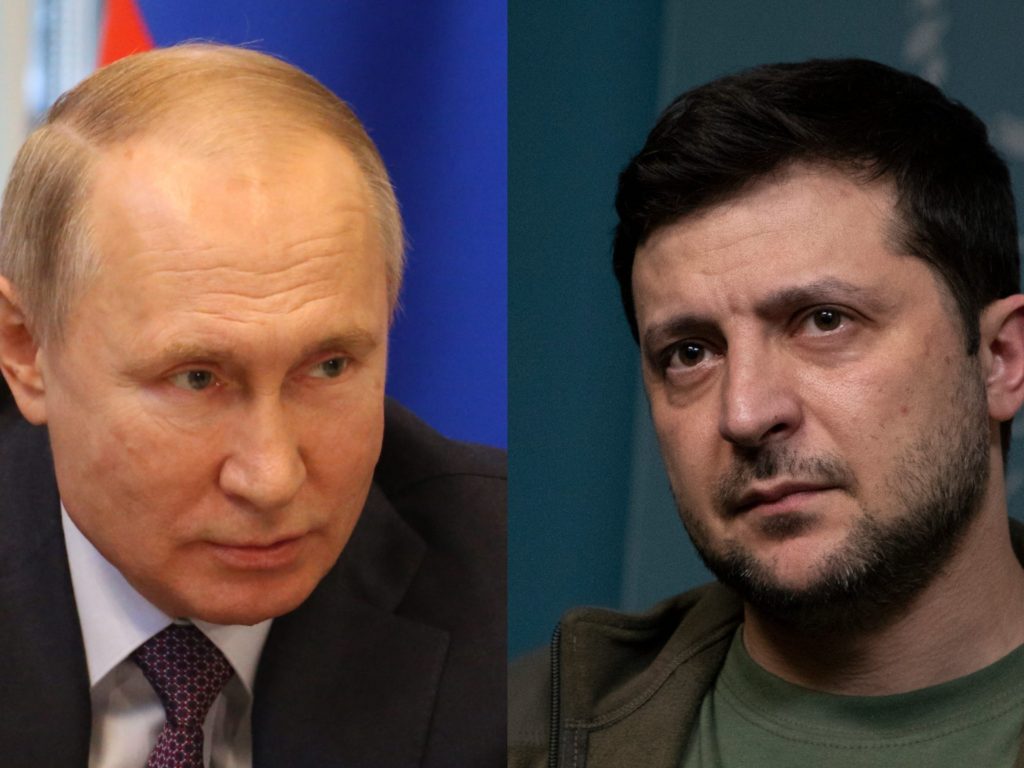- Facebook has been faced with more straightforward content moderation decisions concerning Russia's war on Ukraine.
- Russia's invasion received universal condemnation, creating less confusion as to how Facebook should act against misinformation and propaganda.
- One expert told Insider that more unilateral scrutiny of the war means fewer cries of censorship.
Facebook and its parent company Meta are no strangers to criticism, including harsh scrutiny about how it polices and moderates posts shared on its platform.
Content moderation on internet platforms has become increasingly weaponized into political talking points in recent months, as right-wing pundits decry that companies like Facebook censor conservative voices on everything from the COVID-19 pandemic to the divisive 2020 US presidential election. Meanwhile, liberals claim social media platforms aren't doing enough to halt the spread of misinformation and crack down on hate speech.
But Russia's war on Ukraine may present one of the more straightforward moderation decisions that Facebook has been faced with — and one that seemingly unites party lines — thanks to the universal condemnation levied against the unprovoked attack led by Russian President Vladimir Putin.
According to Ari Lightman, a professor of digital media at Carnegie Mellon and social media expert, there was more side-taking in regard to topics like the pandemic, with many conservatives lambasting the disease and related safety measures as overhyped and serving a liberal agenda.
"The disinformation on the pandemic or the disinformation on the election catered to their own specific ideology," Lightman told Insider. "It was sending them information that seemed right and appropriate to them, even though it was fake. This seems very different."
Russia's war is much more black-and-white, Lightman said, which is why we won't see as many cries of censorship as Facebook cracks down on content regarding the conflict.
Russia has led a disinformation campaign to make Ukraine out to be the aggressor in the war instead of the other way around. As Politico reported, some Russian state-backed media outlets posted stories on Facebook and other sites that included the false claims. A Russian TV newscaster even protested on a live broadcast against the war.
Facebook took action by fact-checking the posts and then restricting those outlets' accounts in Ukraine, a request that Ukrainian President Volodymyr Zelenskyy reportedly made personally to both Meta CEO Mark Zuckerberg and COO Sheryl Sandberg.
Russia alleged that Meta was censoring the news organizations, so it blocked access to Facebook and Instagram within its country's borders, and a Russian court declared Meta guilty of extremist activity.
It's part of a full-blown censorship pursuit designed to keep control of the narrative around the war in Russia's hands, Lightman said.
"This is Russia's playbook," Lightman said. "This is how they propagate disinformation. And if they can't do it associated with Facebook or any of these open channels like Twitter, they'll try to do it individually targeted through Telegram or one of these point-to-point mechanisms."

